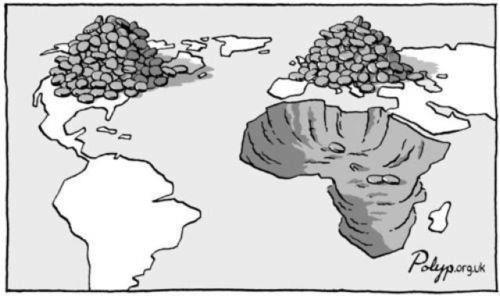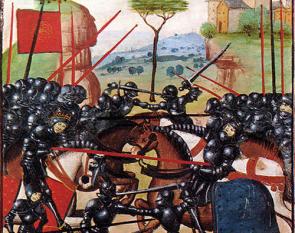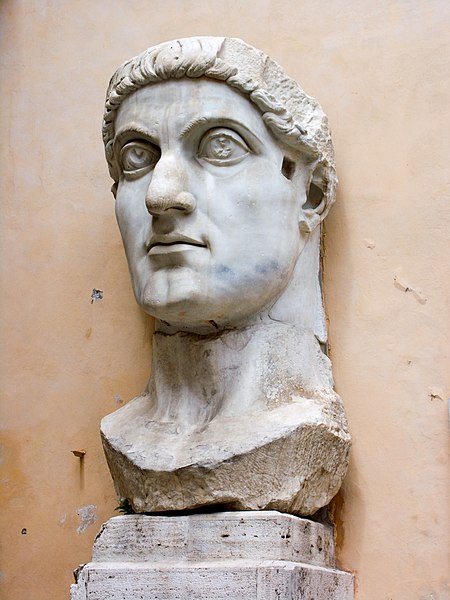This installment is cribbed substantially from a lecture I gave at Penn State in 2012. If it looks familiar to a few, that is why. While it doesn't make much mention of Christianity, by now readers should be habituated to trying to see this series on the history, mechanics, and psychology of capitalism with one eye on the Gospels. -SG
In the early 80s, macro-economic forces were shaping a new form of international economy and corresponding changes in US foreign policy. The story could begin as far back as World War I, but for the sake of brevity, we will begin the story during just a few years prior, in 1973.
In 1973, as a protest against the US rescue
of Israel from an impending defeat by the Egyptians in the Yom Kippur
War, Arab nations implemented an oil embargo against the US, creating
day-long gas lines that broke up only when filling stations pumped out
their last drop of gasoline.

.jpg)























